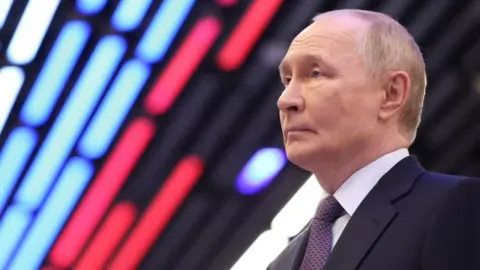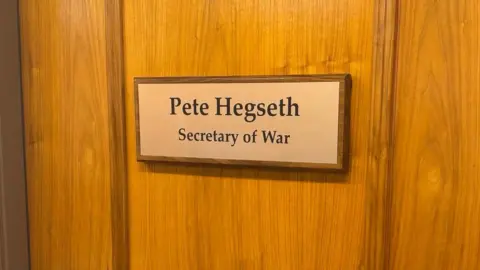According to China's government, Taipei is merely leveraging these drills to promote a pro-independence narrative, a sentiment echoed by Taiwanese President William Lai during his address at the event. Lai emphasized the significance of unity and the necessity for preparedness to deter conflict, stating, “We hope by preparing for war, we can avoid war, to achieve the goal of peace.” The drills, though criticized by China as inconsequential, signify Taiwan's persistent efforts to ready its population and infrastructure against potential military aggression.
The Urban Resilience exercise, which began this week and combines multiple aspects of civil defense training, has involved emergency personnel and volunteers conducting mock scenarios simulating missile strikes. Participants were required to cease operations and find shelter to further illustrate the seriousness of the drills. Despite the seriousness of these initiatives, many Taiwanese citizens remain skeptical about the likelihood of a Chinese invasion. Various polls reveal that a significant portion of Taiwan's population, while acknowledging the threat, does not foresee an invasion in the immediate future, citing the imbalance in military capabilities.
Nevertheless, the intensity and scale of this year’s Han Kuang exercises, which include over 22,000 soldiers, demonstrate Taiwan's commitment to maintaining a credible defense posture. The military has executed urban warfare strategies and tested new weaponry, reinforcing the island's resolve. As Taiwan navigates these delicate geopolitical waters, it remains ever vigilant in fortifying its defenses while fostering a sense of resilience among its people.
In summary, Taipei's civil defense drill serves as both a precautionary measure and a statement of intent in the face of regional tensions, showcasing Taiwan's determination to safeguard its democratic values while engaging with global partners.
The Urban Resilience exercise, which began this week and combines multiple aspects of civil defense training, has involved emergency personnel and volunteers conducting mock scenarios simulating missile strikes. Participants were required to cease operations and find shelter to further illustrate the seriousness of the drills. Despite the seriousness of these initiatives, many Taiwanese citizens remain skeptical about the likelihood of a Chinese invasion. Various polls reveal that a significant portion of Taiwan's population, while acknowledging the threat, does not foresee an invasion in the immediate future, citing the imbalance in military capabilities.
Nevertheless, the intensity and scale of this year’s Han Kuang exercises, which include over 22,000 soldiers, demonstrate Taiwan's commitment to maintaining a credible defense posture. The military has executed urban warfare strategies and tested new weaponry, reinforcing the island's resolve. As Taiwan navigates these delicate geopolitical waters, it remains ever vigilant in fortifying its defenses while fostering a sense of resilience among its people.
In summary, Taipei's civil defense drill serves as both a precautionary measure and a statement of intent in the face of regional tensions, showcasing Taiwan's determination to safeguard its democratic values while engaging with global partners.





















